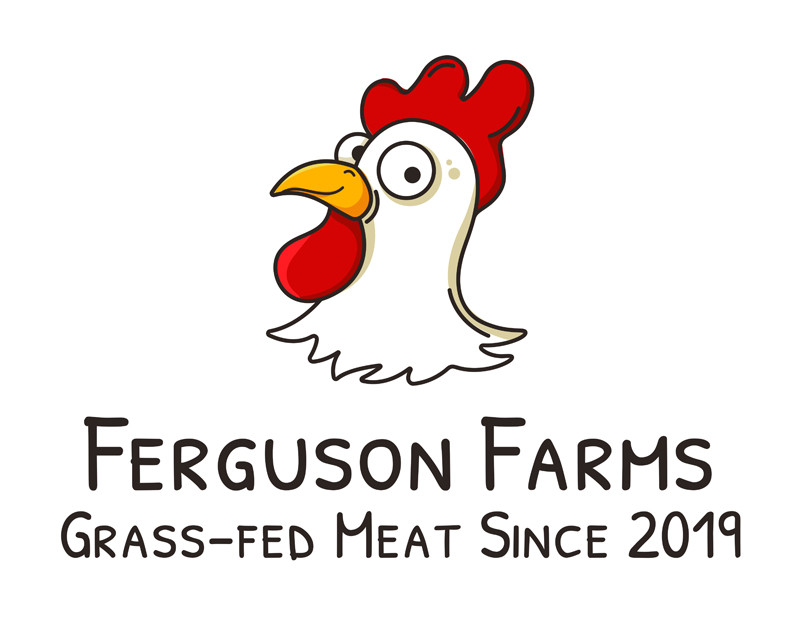-
Shop Now
- Farm Boxes | Grass-Fed & Pasture-Raised Meat Delivery
- 100% Grass-fed Beef
- Pastured Chicken & Poultry
- 100% Grass-fed Bison & Elk
- 100% Grass-fed Lamb
- Wild-Caught Fish and Seafood
- Organs, Bones & Broth
- Grass-fed Protein & Organ Supplements
- Spices & Seasonings
- Jerky, Biltong & Snacks
- Premium Organic Coffee
- Gift Boxes
- Gift Cards
- Farm Merch
- How It Works
- Gifts
- Explore
- About
- Contact
Carnivore (Nose to Tail)
Nose-to-tail eating embraces the consumption of the entire animal—muscle, organs, bones, and more. This traditional practice is a dietary revival, championed by carnivore dieters, artisan butchers, and curious chefs. It maximizes nutrition, minimizes waste, and honors the source of our food. By consuming every edible part, nose-to-tail eating offers a diverse range of nutrients often lacking in diets focused solely on muscle meat. This approach respects the full value of our animals, aligning with sustainable and holistic eating practices.
- All
- On Sale
- stew meat
- shank
- chicken feet
- pastured chicken feet
- chicken neck
- Tenderloin
- short ribs
- roast
- back ribs
- new york strip
- London Broil Steak
- Top Round Steak
- tip steak
- oxtail
- chicken liver
- sirloin steak
- baseball cut
- bottom round roast
- bottom roast
- Back to School
- grass-fed poultry
- chicken
- pastured poultry
- broilers
- whole chicken
- Ribeye
- ribeye Steak
- surf and turf
- Grass-fed Beef
- delmonico
- suet


